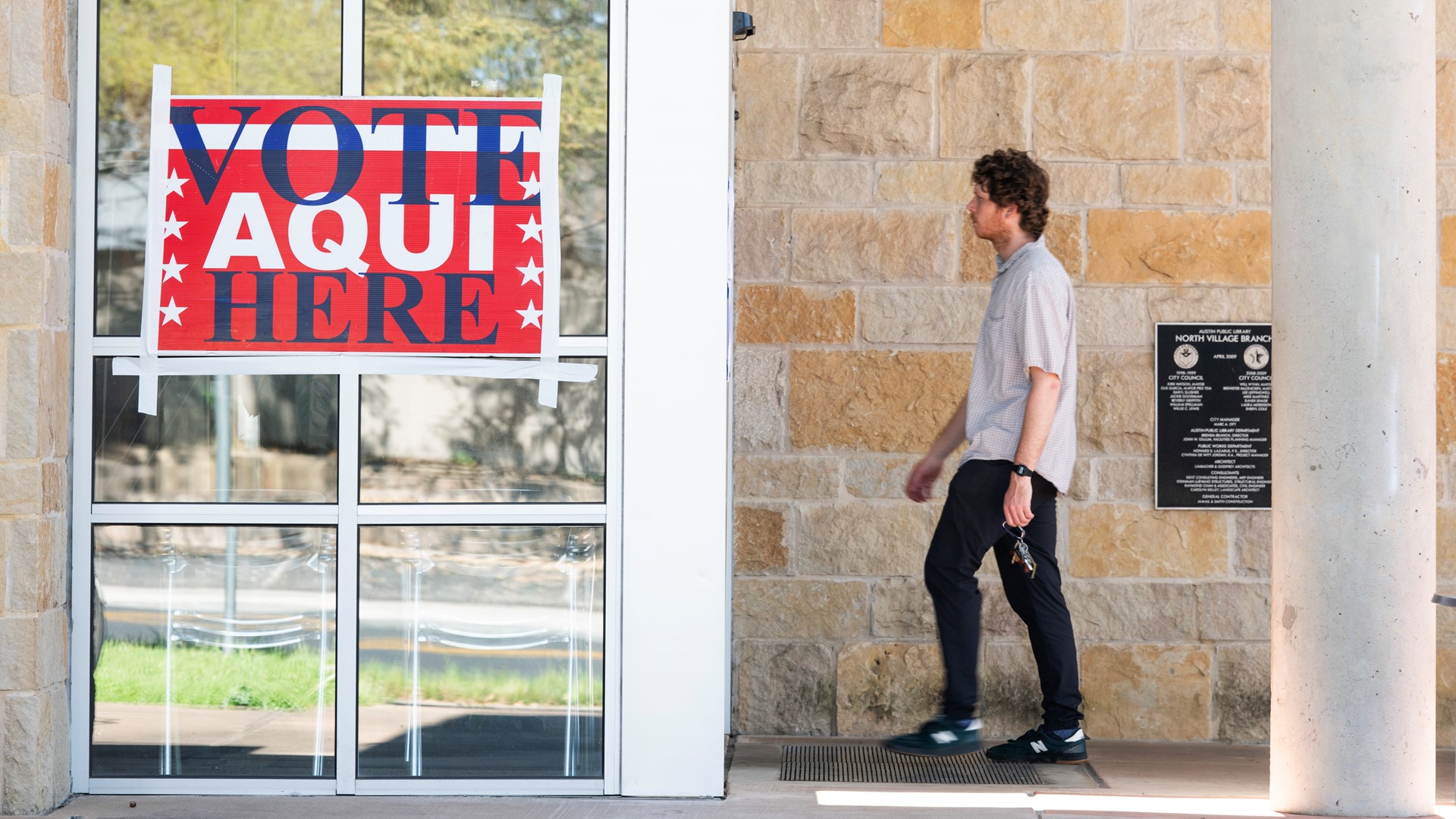AUSTIN, Texas — The Electronic Registration Information Center, or ERIC, is a tool that allows states to share voter registration data and help make sure voters are not registered to vote in multiple states.
Now that Texas does not have access to that information anymore, Travis County Tax Assessor-Collector and Voter Registrar Bruce Elfant has concerns.
"I'm not proud that the state of Texas has opted to leave a multi-state compact that provides a lot of data that we would need to help keep the rolls clean," Elfant said.
Texas opted out of ERIC after state lawmakers passed Senate Bill 1070 last year. Texas moved to an alternative system to update the list of registered voters. The bill was sponsored by Republican State Sen. Bryan Hughes, who spoke about the bill back in April 2023.
"So, this bill is designed to give the Secretary of State more options and to make sure we're getting what we're looking for. The people in Texas are getting the service they want," Hughes said at the time. "I know there's been a lot of concerns about ERIC and a lot of states are leaving."
Texas joins several other Republican-majority states that are leaving ERIC after online posts questioned the purpose and funding behind it.
"In some ways, it sounds so stupid because it is," Joshua Blank, the research director of the Texas Politics Project at University of Texas, said. "Texas and a number of supposedly southern, mostly Republican-led, Senate-led states pulled out of this program because of conspiracy theorists' concerns about the possibility that these programs were essentially associated with people they didn't like. And now it's harder to ferret out voters who are registered in multiple states despite these great efforts to improve voter integrity."
With early voting for the November election less than 50 days away, Blank wonders about the future of the political process.
"Texas actually took away a tool that was actually used to help eliminate the possibility of voter fraud," Blank said.
According to the bill, the new system Texas is using will check to make sure voters are not registered to vote in multiple states or jurisdictions by identifying voters whose addresses have changed. The data will come from the National Change of Address database.

